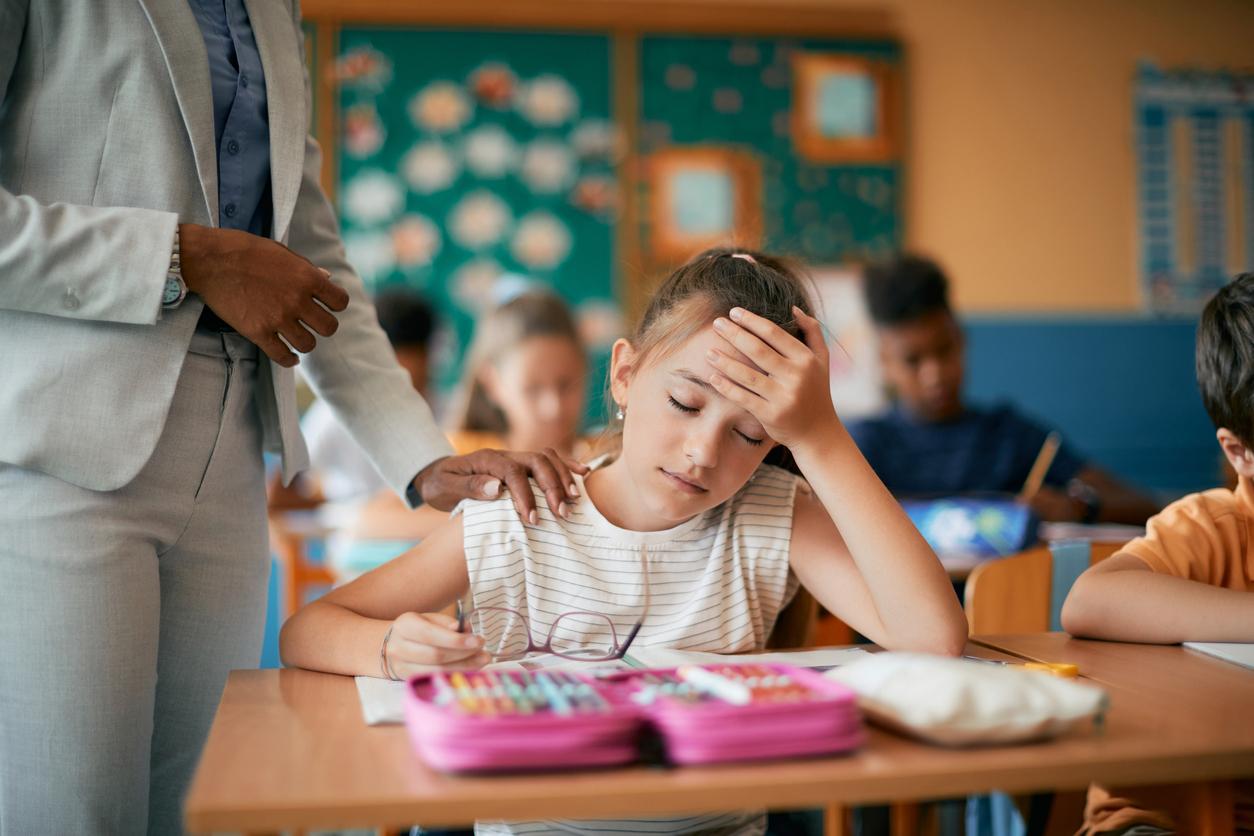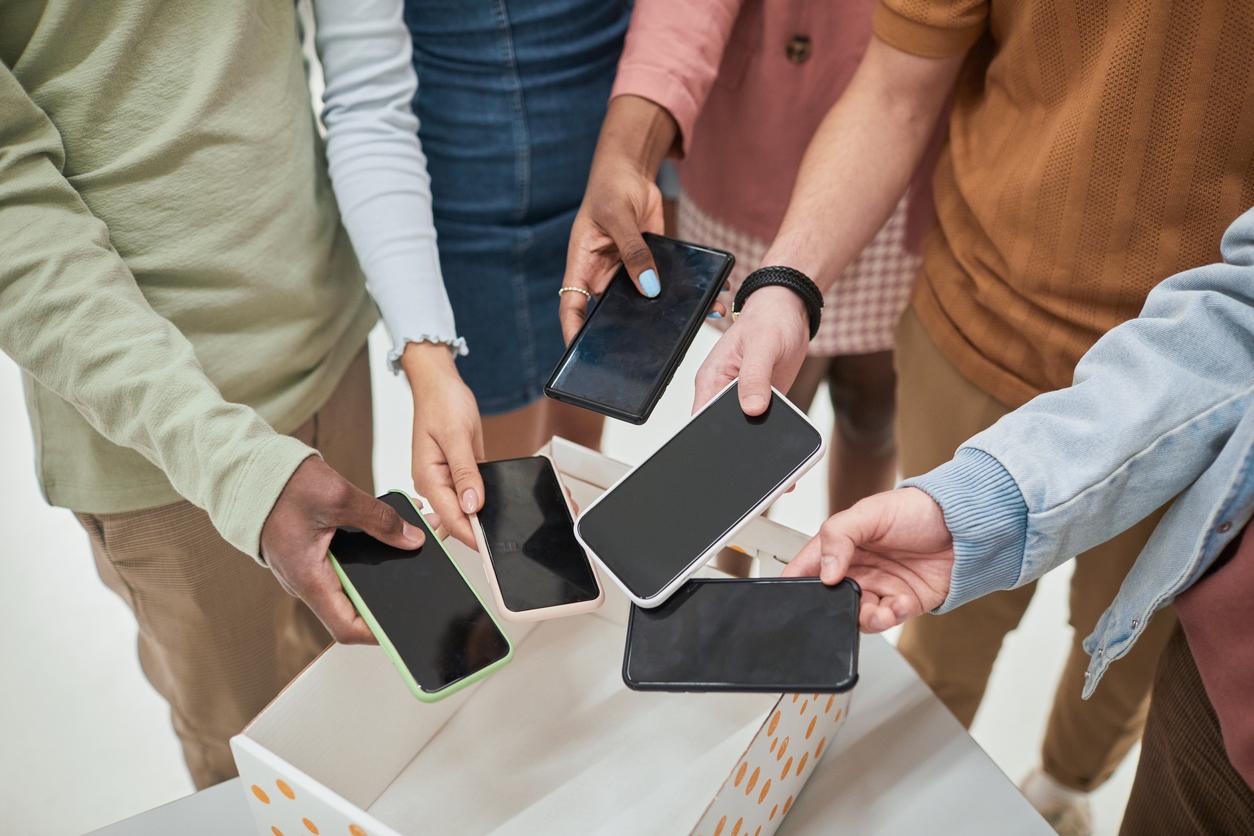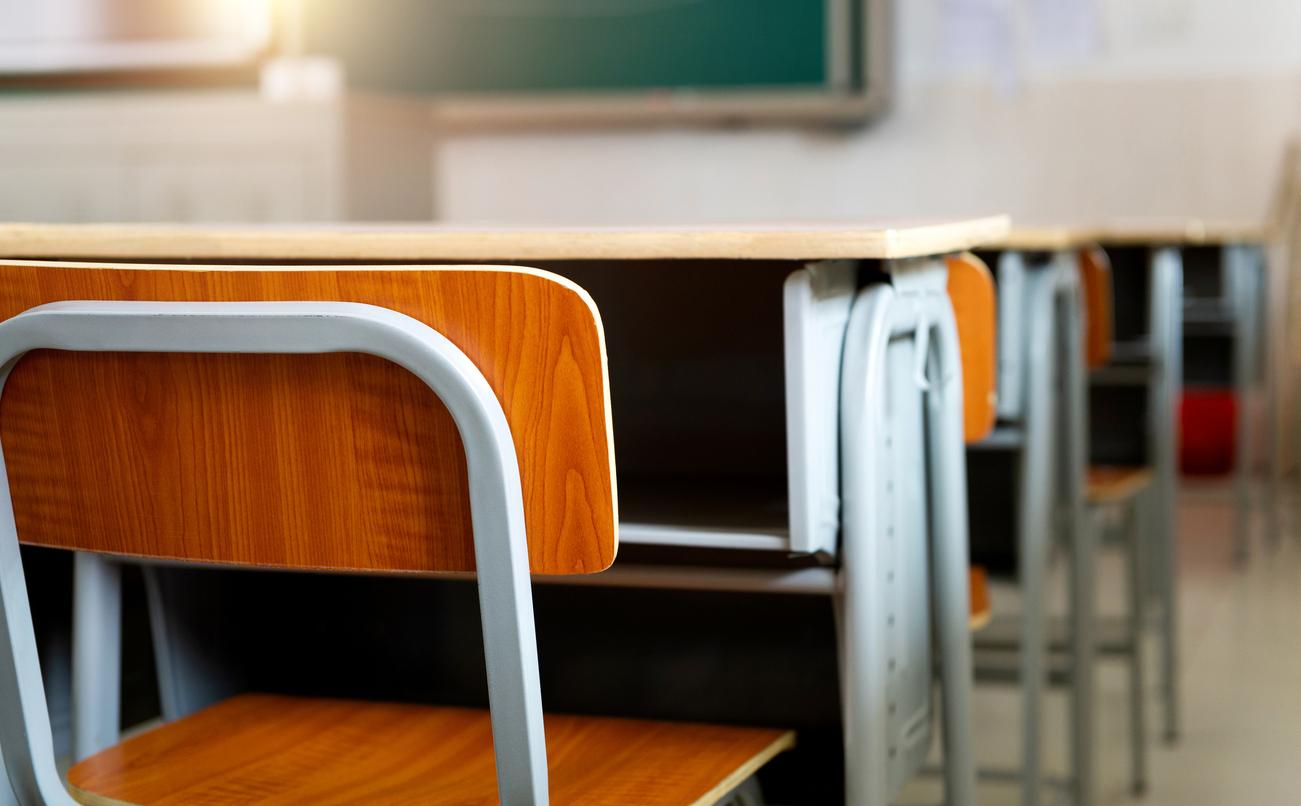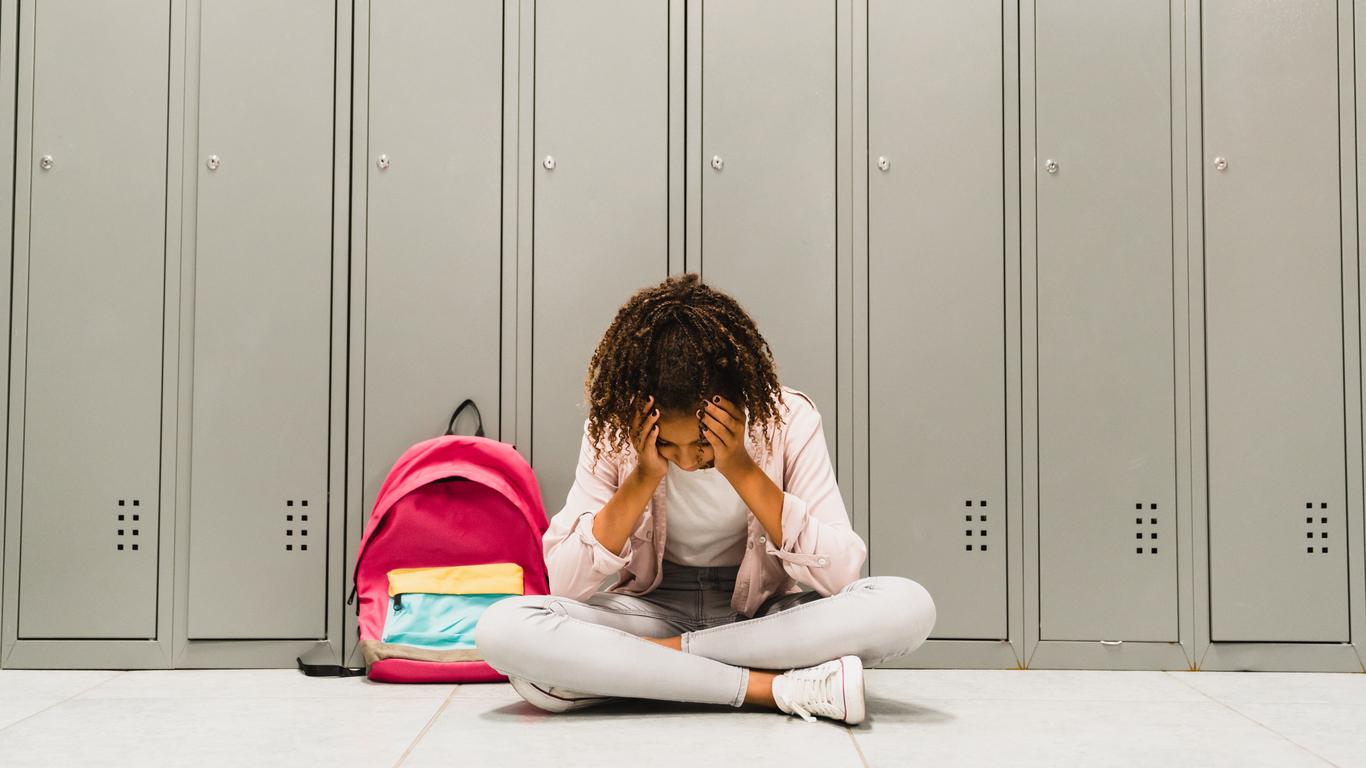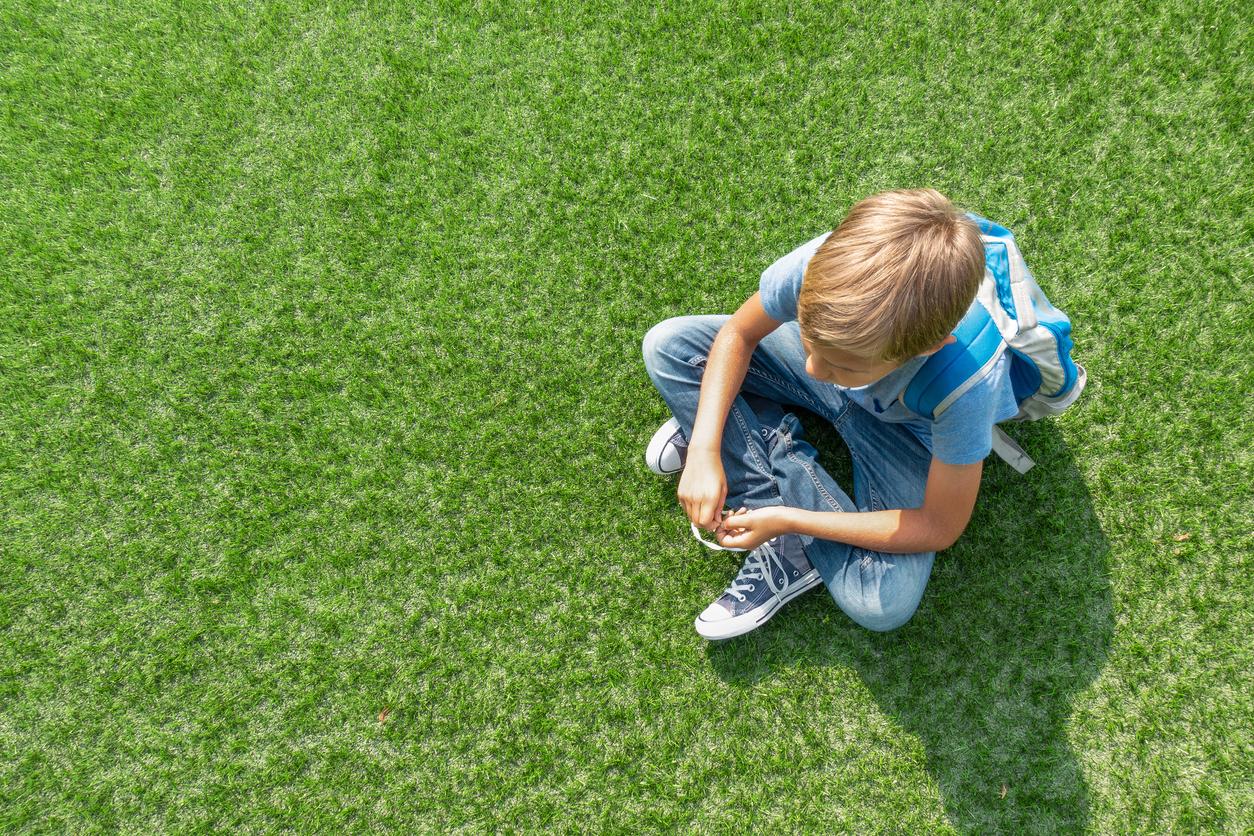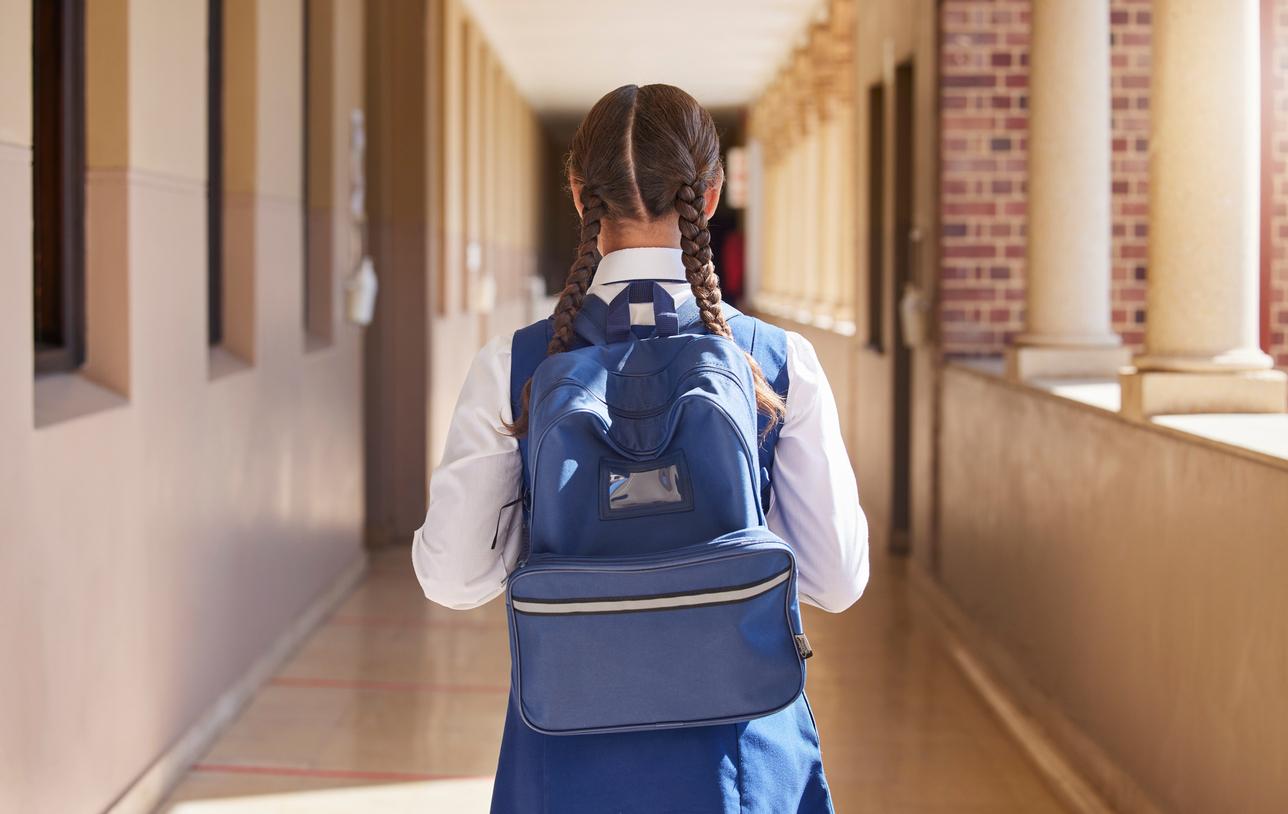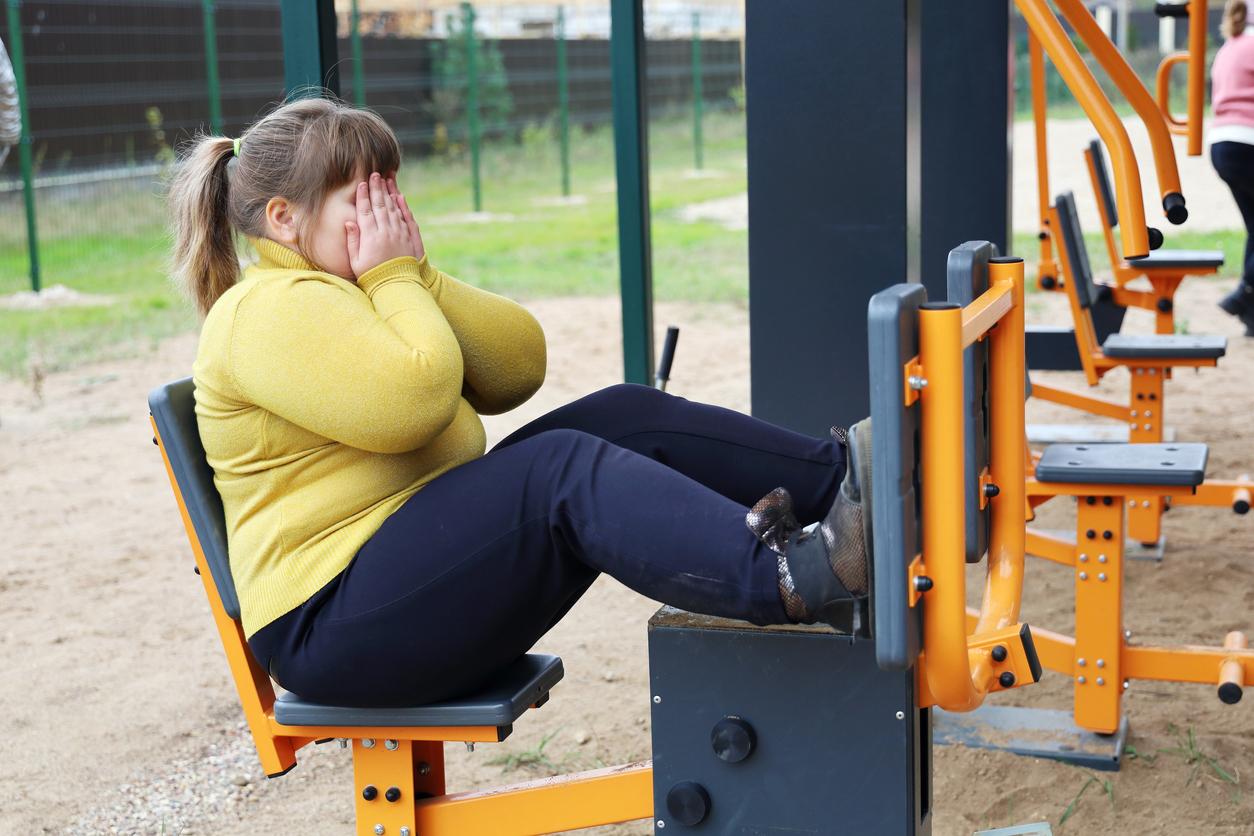Putting glasses on students who need them helps to unblock them academically and significantly improve their results.
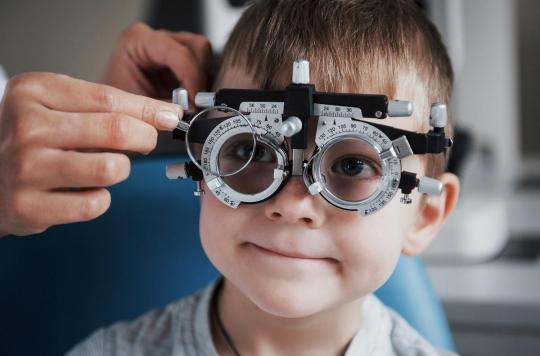
- The effects of wearing glasses on school performance are immediate.
- Girls and less well-off students showed the most significant difference in their results.
Children who wear glasses often have the reputation of being better at school. A new study reveals that this is not unfounded. American researchers from Johns Hopkins University claim that glasses could help unleash the intelligence of many children who unknowingly have poor eyesight. They presented their results on September 9 in the journal JAMA Ophthalmology.
More fairness
In a three-year clinical trial, children given new glasses performed better on reading and math tests than students who didn’t get them or who got them later. This research was carried out as part of the program Vision for Baltimore launched in 2016 after Johns Hopkins researchers discovered a serious need for vision care among the city’s public school students. They realized that 15,000 of the 60,000 students from kindergarten to the end of middle school needed glasses.
“We’ve rigorously proven that giving kids the glasses helps them do well in school.says lead author Megan Collins, a pediatric ophthalmologist. Success of the Vision for Baltimore program model and research findings could advance equity in health and education for students nationwide.”
Immediate academic success
From 2016 to 2019, the team studied the performance of 2,304 elementary through middle school students who underwent eye health screening. The researchers looked at their results in standardized reading and math tests one and two years apart. For children who received new glasses, their reading scores increased dramatically over the next 12 months and more significantly than children who got glasses later. Elementary school students also saw their math scores rise sharply after receiving glasses.
In detail, the girls gave even sharper improvements than the boys after receiving new glasses. Overall, students wearing glasses received an educational boost equivalent to two to four months of additional learning compared to their classmates without glasses. Those who were less affluent also showed more significant improvements than average. “This is how you fill the gaps”, says Amanda J. Neitzel, researcher and author of the study.
.







